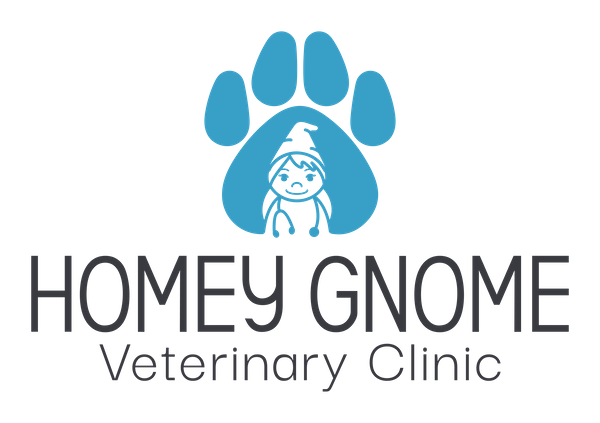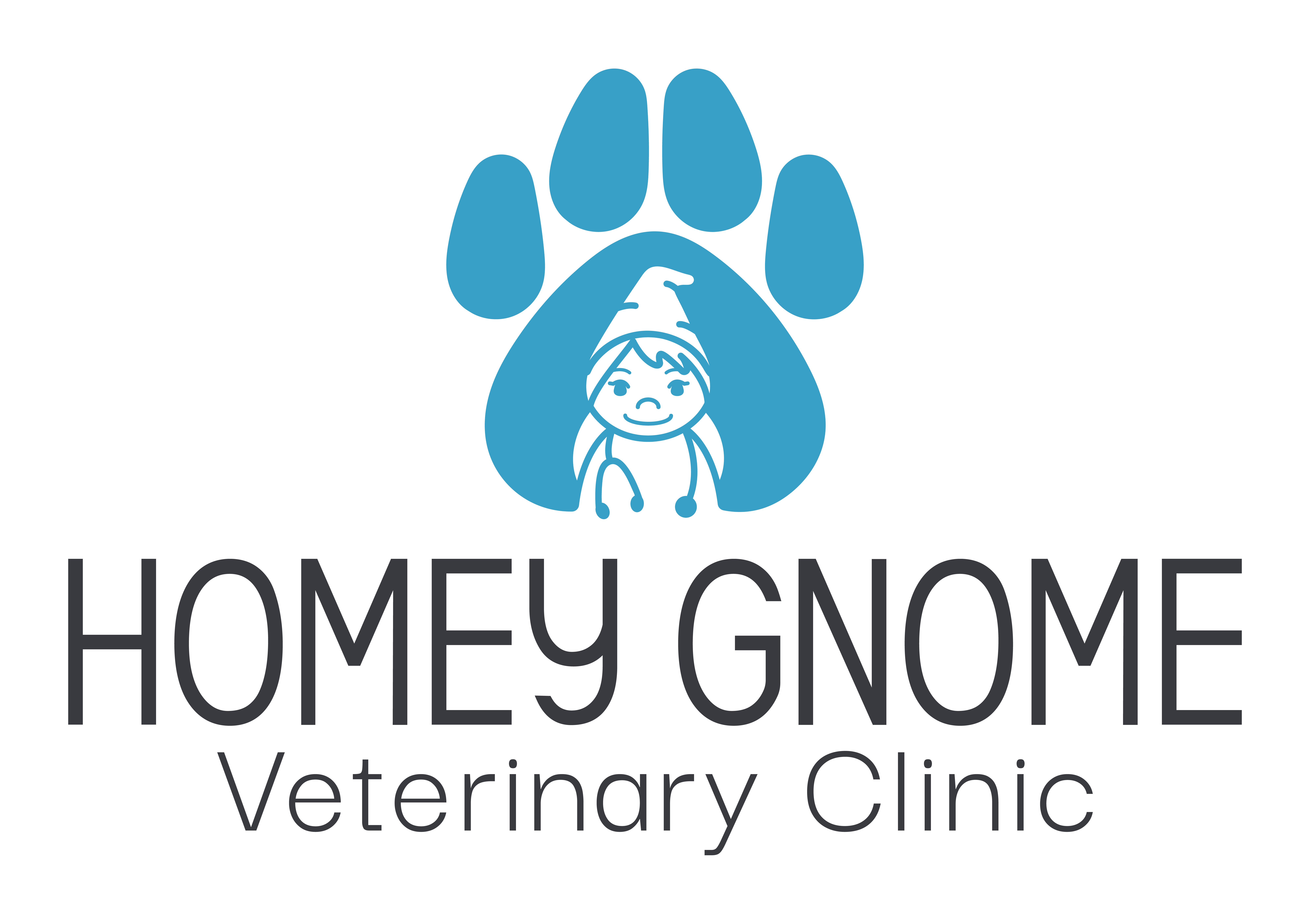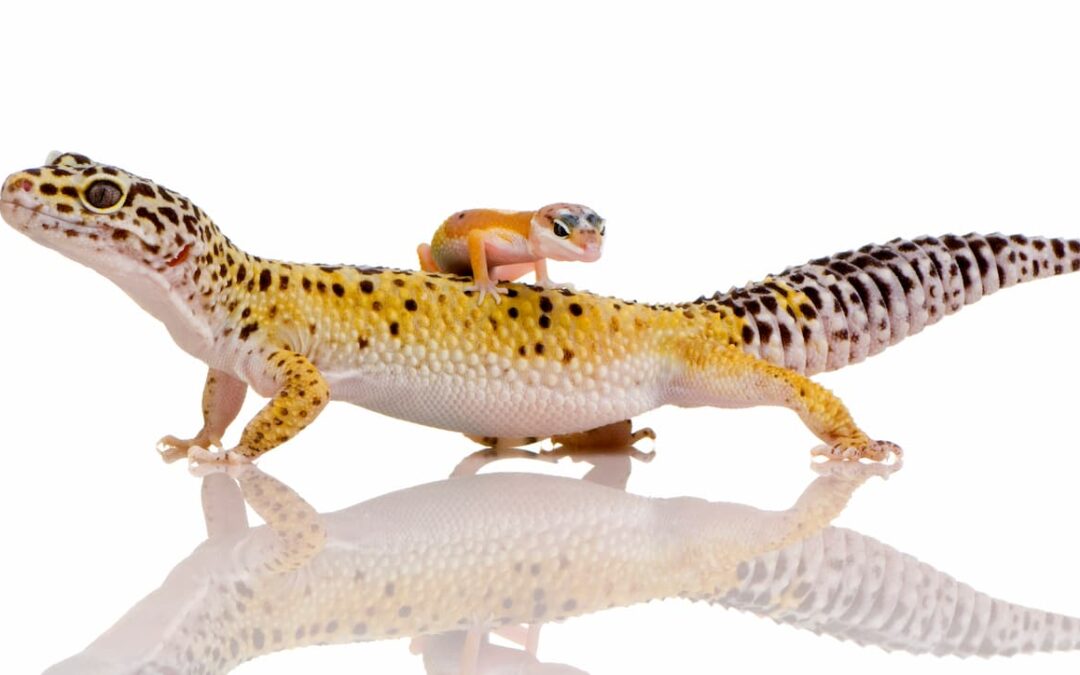Every year on October 21st, reptile lovers around the country celebrate Reptile Awareness Day. While snakes, lizards, turtles, and other scaly companions might not be everyone’s cup of tea, they are fascinating pets that bring a unique kind of joy to their owners. Reptiles are often misunderstood as “easy” or “low-maintenance,” but the truth is that they require specialized care to thrive. From their living environment to nutrition and veterinary care, each detail plays an important role in keeping these pets healthy.
To celebrate this special day, here are some Homey Tips to help you care for your reptile and ensure they live their best life.
Homey Tip #1: Build the Perfect Habitat
The foundation of reptile health starts with their home environment. Unlike dogs or cats, reptiles depend entirely on their habitat to regulate body temperature, humidity, and even their ability to digest food.
Every species has its own requirements. For example, bearded dragons thrive in warm, dry enclosures, while green iguanas need higher humidity levels to stay healthy. Consistency is key because fluctuations in temperature or moisture can lead to stress or illness.
Lighting is another important part of a reptile’s world. UVB bulbs help reptiles absorb calcium, which prevents metabolic bone disease, a common but preventable condition in reptiles. Without proper UVB exposure, bones can weaken, leading to fractures and deformities.
When setting up or upgrading your reptile’s habitat, consider the following essentials:
- A reliable heat source for basking and nighttime warmth
- A UVB light source appropriate for your reptile’s species
- A thermometer and hygrometer to monitor temperature and humidity
- Safe substrate that won’t cause impaction if ingested
You can find many of these supplies, including reptile supplements, through Twin Cities Reptile and Snake Discovery stores.
Homey Tip #2: Feed Them Right
Just like people, reptiles thrive on a well-balanced diet. What makes reptile nutrition a little more complicated is that each species has very specific dietary needs. Feeding your reptile the wrong foods, or not supplementing correctly, can quickly lead to serious health issues.
For example, herbivorous reptiles such as iguanas or tortoises require a diet rich in leafy greens, vegetables, and occasional fruits. In contrast, carnivorous species like snakes thrive on whole prey, while insectivores like geckos rely heavily on crickets, mealworms, or roaches. Omnivorous reptiles, such as bearded dragons, need a healthy balance of insects and plant matter.
Calcium and vitamin supplements are vital for most reptiles, especially when they are young and growing. Dusting feeder insects with calcium powder or offering vitamin-enriched foods helps prevent bone and metabolic diseases.
Foods to avoid include:
- Iceberg lettuce (low in nutrients)
- Processed human foods
- Insects caught outdoors, which may carry parasites or pesticides
Providing the correct diet not only keeps reptiles healthy but also enhances their natural colors, energy levels, and overall quality of life.
Homey Tip #3: Watch for Signs of Illness
Because reptiles are masters at hiding illness, subtle changes in their behavior or appearance may be the only signs that something is wrong. Recognizing these early warnings can make a huge difference in how quickly your reptile recovers.
Keep an eye out for:
- Sudden loss of appetite or weight changes
- Difficulty shedding or retained skin
- Wheezing, clicking, or bubbles around the nose or mouth
- Lethargy or less activity than normal
- Changes in stool consistency or frequency
If you notice any of these symptoms, it’s important to contact our reptile veterinarian in Oakdale right away. Early treatment helps prevent small problems from becoming life-threatening conditions. Even if your reptile seems to “perk up” after a few days, a checkup ensures nothing more serious is going on.
Homey Tip #4: Make Preventive Care a Priority
Reptiles benefit greatly from preventive veterinary care, just like cats, dogs, and other pets. Routine wellness exams allow our exotic pet veterinarian to monitor your reptile’s overall health and catch hidden problems early.
During a reptile wellness exam, a veterinarian may:
- Perform a full physical exam, including mouth, skin, and eyes
- Take weight and growth measurements to monitor development
- Run fecal tests to check for parasites
- Discuss habitat setup, diet, and supplementation
- Recommend bloodwork if your reptile is older or showing signs of illness
Scheduling yearly or biannual exams for reptiles helps prevent long-term health complications and provides peace of mind for owners. Parasite screenings, in particular, are an important step since many reptiles can carry intestinal parasites without showing obvious signs.
Making preventive care a regular part of your reptile’s routine is one of the most effective ways to ensure they live a long, happy life.
Homey Tip #5: Celebrate Reptile Awareness Day with Extra Care
Reptile Awareness Day is more than just a date on the calendar. It’s a reminder to appreciate the beauty and uniqueness of these fascinating animals. Whether your scaly friend is a bearded dragon, ball python, or leopard gecko, this day is the perfect excuse to give their care routine a little extra attention.
You might celebrate by:
- Refreshing or upgrading habitat décor
- Replacing UVB bulbs to ensure proper lighting
- Trying a new safe food option your reptile hasn’t had before
- Scheduling a wellness exam to ensure their health is on track
If you are looking for compassionate, knowledgeable care, Homey Gnome Veterinary Clinic in Oakdale, MN provides expert avian and exotic veterinary care. Our team understands the unique needs of reptiles and other exotic pets and can guide you through habitat setup, diet, and preventive health. Whether it’s your reptile’s first wellness exam or a follow-up visit, the team is ready to support you and your scaly companion every step of the way.
Keeping Your Scaly Friends Happy & Healthy
Reptiles may be quiet companions, but their care is anything but simple. By focusing on the right habitat, nutrition, preventive care, and veterinary support, you can help your reptile thrive for many years. This Reptile Awareness Day, take a moment to celebrate your pet and commit to keeping their health a top priority.
With the right knowledge and support from professionals, caring for reptiles becomes not just a responsibility, but a rewarding journey filled with connection and discovery. For expert avian and exotic veterinary care, contact Homey Gnome Veterinary Clinic in Oakdale at (651) 202-3388 to schedule your reptile’s wellness exam.


